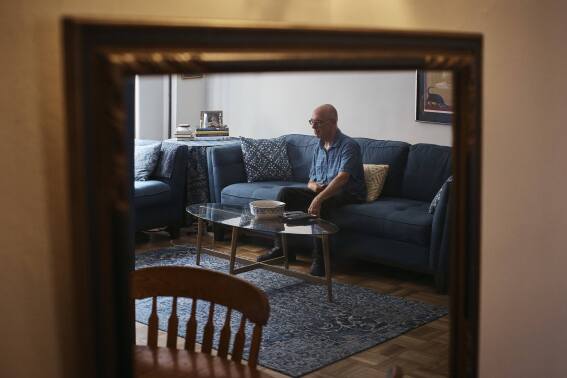Millions of North Carolinians with medical debts will see their accounts cleared following action from state legislators.
By July 1, 2025, nearly 100 acute care hospitals across the Tar Heel State must start the process of forgiving medical debt for an estimated two million low- and middle-income residents with eligible medical debt dating back a decade to 2014. It is expected to wipe an estimated $4 billion in debt.
It comes as the federal government earlier this year moved to ban medical debt collections from appearing on credit scores. Research by the Consumer Financial Protection Bureau (CFPB) found that some 15 million Americans have medical bills on their credit report, which can lead to problems with buying homes, vehicles, and other key purchases.
Medical debt dating back to January 1, 2014, will be wiped for all Medicaid beneficiaries, as well as medical debt deemed uncollectible for all patients who have an annual income at or below at least 350 percent of the federal poverty level. Past medical debt that exceeds 5 percent of a patient's annual income will also be forgiven.
The plan was approved by the U.S. Centers for Medicare and Medicaid Services (CMS) on July 26. Now, state governor Roy Cooper has confirmed that 99 eligible hospitals have agreed to participate.
"Medical debt is not a choice, and it's monumental to have North Carolina hospitals committing to be part of eliminating medical debt for their patients," said Governor Cooper. "By joining this first-in-the-nation solution they are raising the bar for health care, and together we will make a life-changing difference for our families and our economy."
North Carolina has one of the highest medical debt rates in the country, according to an analysis conducted by KFF Health. As of February this year, 13.4 percent of adults in the state hold some form of medical debt, just behind Mississippi (15.2 percent) and South Dakota (17.7 percent).
"This multi-faceted, state-wide medical debt relief initiative is truly groundbreaking. North Carolina's approach stands out for its breadth in size and scope, benefiting North Carolinians across the entire state AND impressively, addressing medical debt both pro- and retrospectively," Undue Medical Debt CEO and President Allison Sesso said. "It is heartening to see so many hospitals engaged and ready to join the state in this pioneering endeavor to address this problem head on. It cannot be overstated what a huge win this is."
While hospitals need to forgive debt by the July 1 deadline, there are other positives for those requiring healthcare in North Carolina. By January 1, 2025, those enrolled in public benefit programs such as the Special Supplemental Nutrition Program for Women, Infants, and Children (WIC), the Supplemental Nutrition Assistance Program (SNAP), Medicaid, or who are experiencing homelessness will automatically qualify for charity care.
Participating hospitals will receive a higher level of Medicaid reimbursement under the Healthcare Access and Stabilization Program (HASP).
Disclaimer: The copyright of this article belongs to the original author. Reposting this article is solely for the purpose of information dissemination and does not constitute any investment advice. If there is any infringement, please contact us immediately. We will make corrections or deletions as necessary. Thank you.



